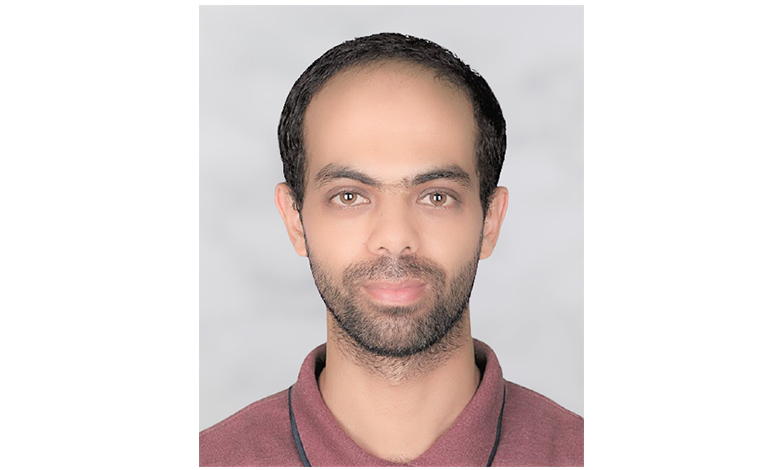What makes 3D printing so unique is its ability to manufacture complex and complete solid objects, where you can print models and tools in unlimited ways, with various materials and metals. 3D printing has entered many fields including art, heritage and archaeology, games, cars, and buildings. This technology has influenced modern human history perhaps more than any other field, making lives better in many ways and opening up new horizons and possibilities. For most crafters, it’s a powerful shorthand for making delicate and complex objects for endless different purposes.
Youssef Suleiman, founder of Addition Company for 3D printing services says, “I have worked in the field of 2D and 3D designs, paper printing, and gifts since 2012, but I entered the world of 3D printing five years later in 2017 in Egypt. I saw a wonderful future in it and my preferred destination was Istanbul.”
Besides being the first Arab to provide 3D printing services in Istanbul, Suleiman also had several other goals in tandem. “I also wanted to spread the culture of applications and ideas that can be produced by 3D printers through models and ideas that we have implemented and presented to the Arab community. Training institutions, such as schools and associations, to employ printers to produce many useful ideas in improving students’ thinking and creativity was another aim and also training people to use 3D printers while learning 3D design skills as a physical project or as a useful hobby at home.”
“Therefore we focused on FDM printers, best suited for home and indoor users due to their compact size, low-pricing, and high quality output. Results were more than satisfactory for a variety of applications such as making gifts and artifacts, educational aids, small household items, industrial molds, making robot models for developers, implementing projects for college and school students, miniature models of historical buildings, and many other ideas.”
One of the advantages of the 3D printing project is that it can be managed from home and online marketing, so in light of the COVID-19 pandemic, it was an opportunity for many people to learn about this technology, as some of them had already purchased a printer at their home. “We then supported them by providing assistance in design skills for different products, in addition to how to produce ideas that can be marketed easily so that there is competition to achieve a good financial profit through the most important features of this technology.” The advantages were with the making of the product for the first time, as it has no similarity in the markets, and secondly the customization feature. “We in addition printed Ramadan lanterns, each bearing a child’s name on it and in their favorite colors, which was a big hit.”
Depending on the severity of the pandemic, the company has plans to expand further to introduce the 3D printing project to a large number of people in associations and schools, while imparting training to some Arab private schools so that printers will be part of their distinctive educational means with their wide applications.
